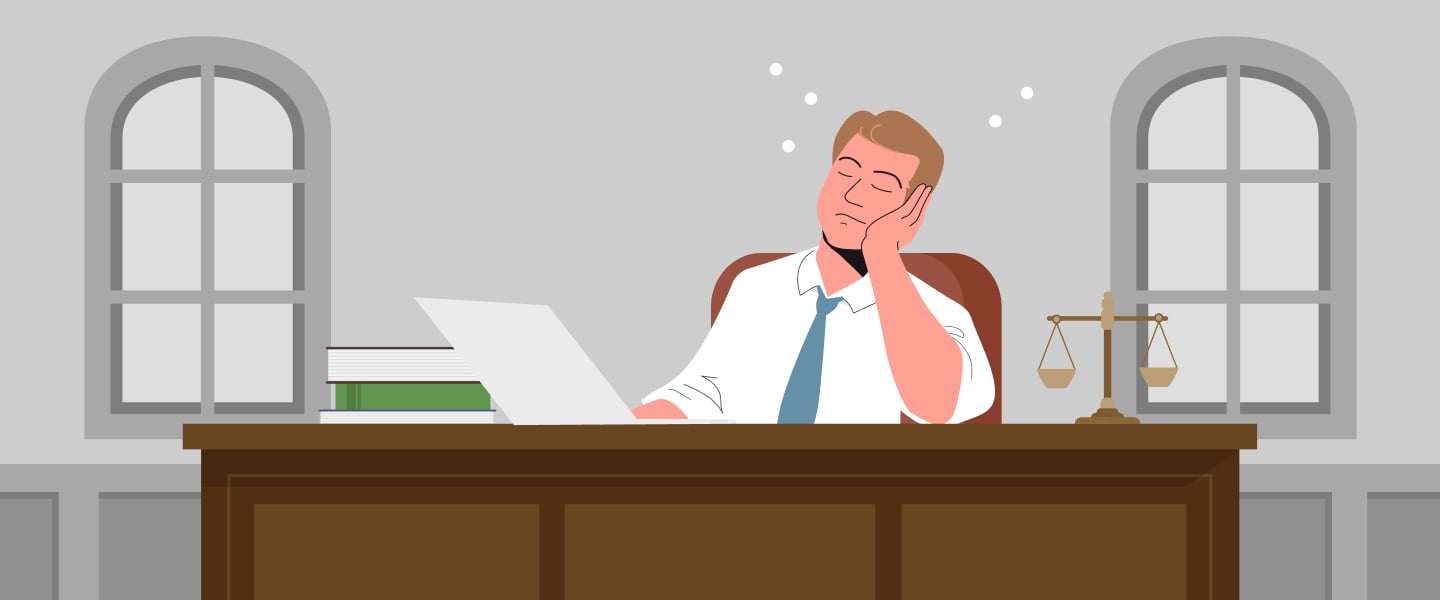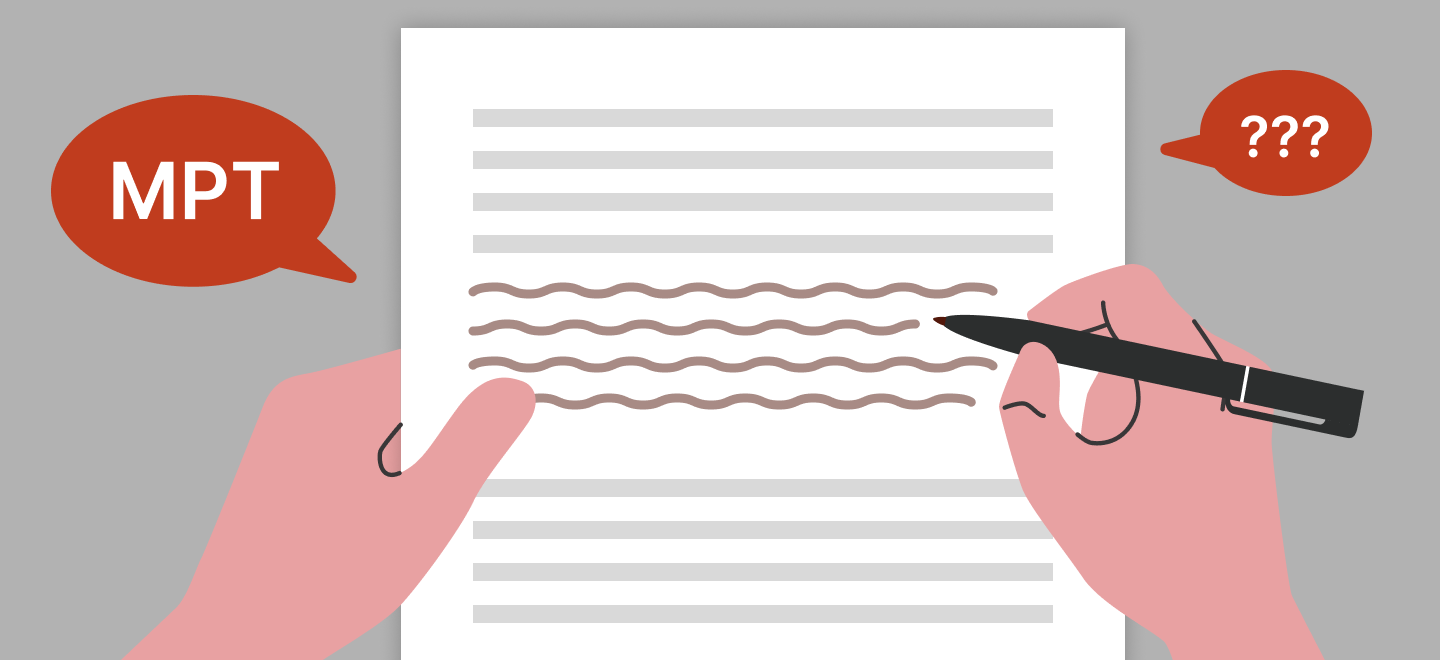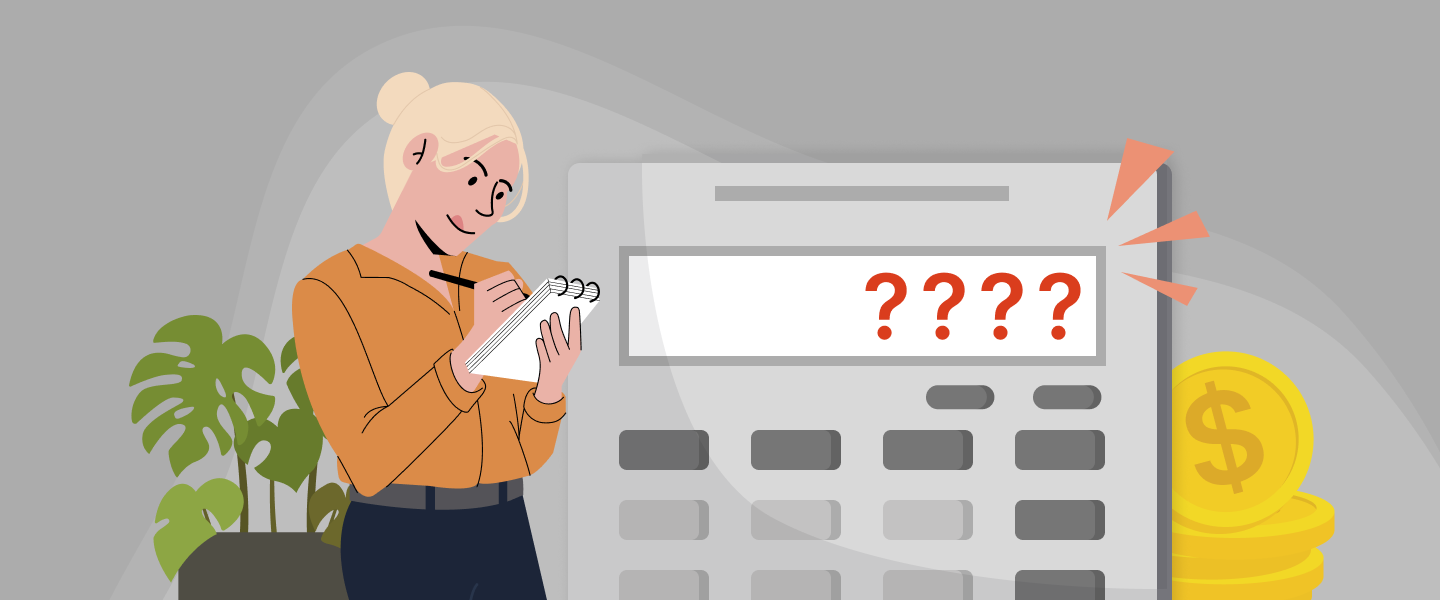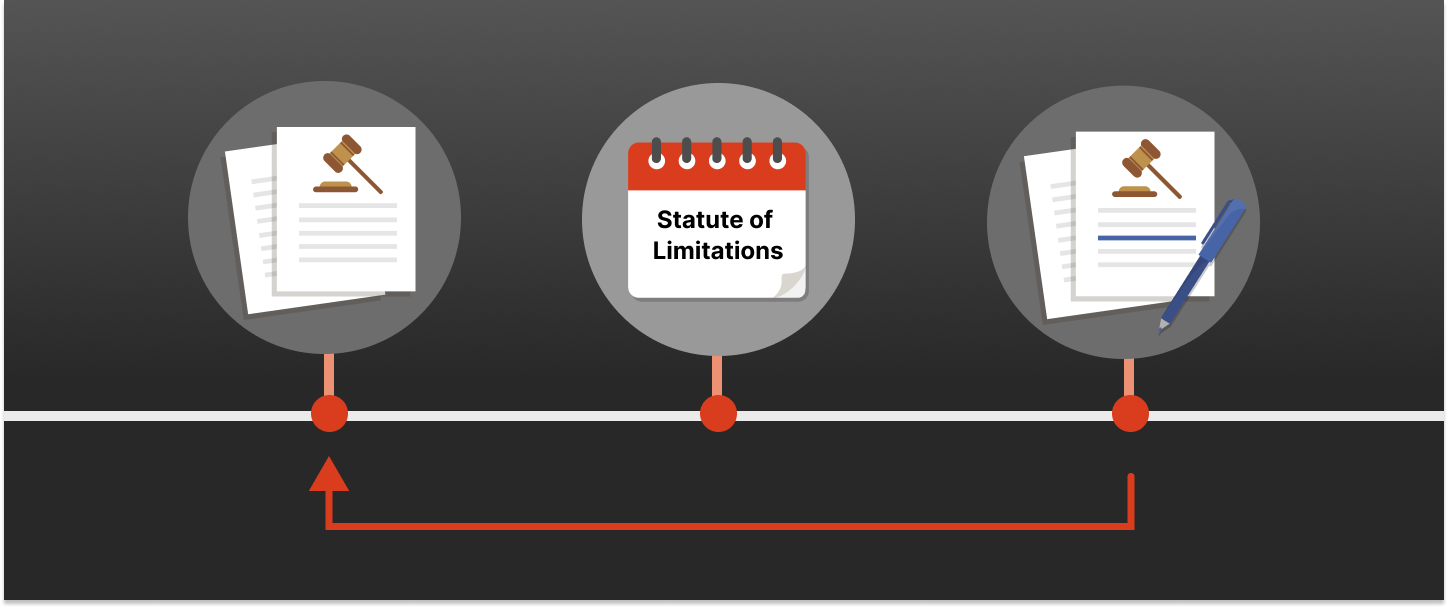Bar Exam Success
Criminal Procedure Quick Tip: Analyzing Ineffective Assistance of Counsel Claims

The Constitution guarantees criminal defendants the right to the assistance of counsel. But what does it say about how well such counsel must perform? A convicted defendant will often raise a claim of ineffective assistance of counsel, essentially arguing that although he had an attorney, the attorney's poor performance violated his constitutional rights. Let’s look at how to analyze such claims.
The Strickland Standard
The first issue is which standard to apply. In most cases, courts apply the standard set forth in Strickland v. Washington. In that case, the Supreme Court held that a defendant must satisfy 2 elements to succeed on a claim of ineffective assistance of counsel. First, the defendant must demonstrate that counsel’s performance was deficient. Second, the defendant must demonstrate that counsel’s deficient performance prejudiced him. Let’s take each prong in turn.
Deficient Performance
Defense counsel is presumed to be competent, meaning the defendant bears the burden of showing that his attorney wasn’t competent. There are only a handful of issues for which the Court has set down bright-line rules. Under Missouri v. Frye, counsel must relay a formal plea offer from the prosecution to the defendant. And under Padilla v. Kentucky, counsel must advise noncitizen clients of the potential immigration consequences of taking a plea.
For most other issues, no precise guidelines exist. Rather, the court must consider whether counsel’s decisions had any reasonable, strategic basis, even if a different attorney might’ve made other choices. Therefore, strategic decisions, such as choosing not to call a witness because the lawyer believed the witness would make an unfavorable impression on the jury, are almost immune to challenge. By contrast, a decision based upon a mistaken belief about the law or the facts is more likely to support an ineffective-assistance claim.
Critically, a defendant must point to specific acts or omissions by the attorney. Factors such as the defense attorney’s inexperience, lack of preparation time, or intoxication during trial cannot establish ineffectiveness by themselves. For example, suppose an attorney was appointed just two weeks before trial on a complex fraud case. The defendant must still identify something specific that the attorney should have done but didn’t have time to do—such as finding a witness or filing a motion—rather than just pointing to his attorney’s general lack of preparation time.
For most other issues, no precise guidelines exist. Rather, the court must consider whether counsel’s decisions had any reasonable, strategic basis, even if a different attorney might’ve made other choices. Therefore, strategic decisions, such as choosing not to call a witness because the lawyer believed the witness would make an unfavorable impression on the jury, are almost immune to challenge. By contrast, a decision based upon a mistaken belief about the law or the facts is more likely to support an ineffective-assistance claim.
Critically, a defendant must point to specific acts or omissions by the attorney. Factors such as the defense attorney’s inexperience, lack of preparation time, or intoxication during trial cannot establish ineffectiveness by themselves. For example, suppose an attorney was appointed just two weeks before trial on a complex fraud case. The defendant must still identify something specific that the attorney should have done but didn’t have time to do—such as finding a witness or filing a motion—rather than just pointing to his attorney’s general lack of preparation time.
Prejudice
The next prong under Strickland is prejudice. Even if the defendant proves that his attorney was ineffective, he isn’t entitled to relief unless he can also show that he was prejudiced by his attorney’s performance. Prejudice means a reasonable probability that the verdict or sentence would have been different but for defense counsel’s errors. In the trial context, this means that if the evidence against the defendant was overwhelming, the conviction will likely still be upheld even if the defense attorney made critical mistakes. And in the context of plea bargaining, even if the defendant proves that his attorney misadvised him about the terms of the plea agreement, the defendant must still show that he would’ve chosen to go to trial rather than accept the plea.
When Prejudice is Presumed
Now, let’s address the rare situations that don’t fall under the Strickland standard. In United States v. Cronic, the Court identified 3 scenarios in which prejudice was presumed, rather than the defendant needing to prove it.
Denial of Counsel
The first scenario is the complete denial of counsel, such as conducting a critical stage of the proceedings without counsel’s presence. You may wonder whether a defense attorney sleeping through a portion of trial qualifies as denial of counsel. Although the Supreme Court hasn’t addressed the issue, most circuit courts have held that prejudice is presumed if defense counsel sleeps through a substantial or critical portion of the trial. By contrast, a brief nap during uncontested testimony would still be analyzed under the Strickland standard, meaning the defendant would have to prove prejudice.
Failure to Subject Case to Adversarial Testing
The second scenario in which prejudice is presumed is if counsel utterly fails to subject the prosecution’s case to meaningful adversarial testing. In other words, counsel is present but makes no arguments, conducts no cross-examination, calls no witnesses, and essentially just exists as a warm body throughout the entire trial. Note that this exception applies only when counsel does nothing throughout the entire proceeding. An attorney who fails to cross-examine a particular witness, or who waives closing argument, will be evaluated under the Strickland standard.
Competent Performance Impossible
The third scenario in which prejudice is presumed is if counsel is forced to perform in circumstances in which no lawyer could reasonably be expected to perform competently. The Court cited the infamous case of Powell v. Alabama, in which illiterate Black defendants, facing the death penalty, were represented by an out-of-state lawyer, unfamiliar with the facts or local procedure, assigned to the case the morning of trial.
Conflicts of Interest
Finally, let’s consider how a conflict of interest can result in ineffective assistance of counsel. Suppose an attorney is appointed to represent codefendants. The attorney, realizing a potential conflict, objects to the dual representation. The court must evaluate whether the case presents an actual conflict of interest. If the court fails to do so, any conviction will be automatically reversed.
By contrast, if no objection about the alleged conflict is raised until after trial, the defendant must prove that an actual, not just potential, conflict existed and that the conflict adversely affected the attorney’s ability to defend him. The adversely affected standard is a lower showing than Strickland’s reasonable probability of a better outcome standard.
Do you want to be 100% prepared for the bar exam? Quimbee Bar Review+ features real, licensed questions from past bar exams; essay grading by real attorneys; and beautifully designed video lessons. Elect full-time study during the 11 weeks leading up to the exam or part-time study over a longer period. Want to learn more about the unique features Quimbee Bar Review+ uses to help prepare you for the bar exam? Book a 30-minute tour of the course for free.
By contrast, if no objection about the alleged conflict is raised until after trial, the defendant must prove that an actual, not just potential, conflict existed and that the conflict adversely affected the attorney’s ability to defend him. The adversely affected standard is a lower showing than Strickland’s reasonable probability of a better outcome standard.
Do you want to be 100% prepared for the bar exam? Quimbee Bar Review+ features real, licensed questions from past bar exams; essay grading by real attorneys; and beautifully designed video lessons. Elect full-time study during the 11 weeks leading up to the exam or part-time study over a longer period. Want to learn more about the unique features Quimbee Bar Review+ uses to help prepare you for the bar exam? Book a 30-minute tour of the course for free.





.png)

